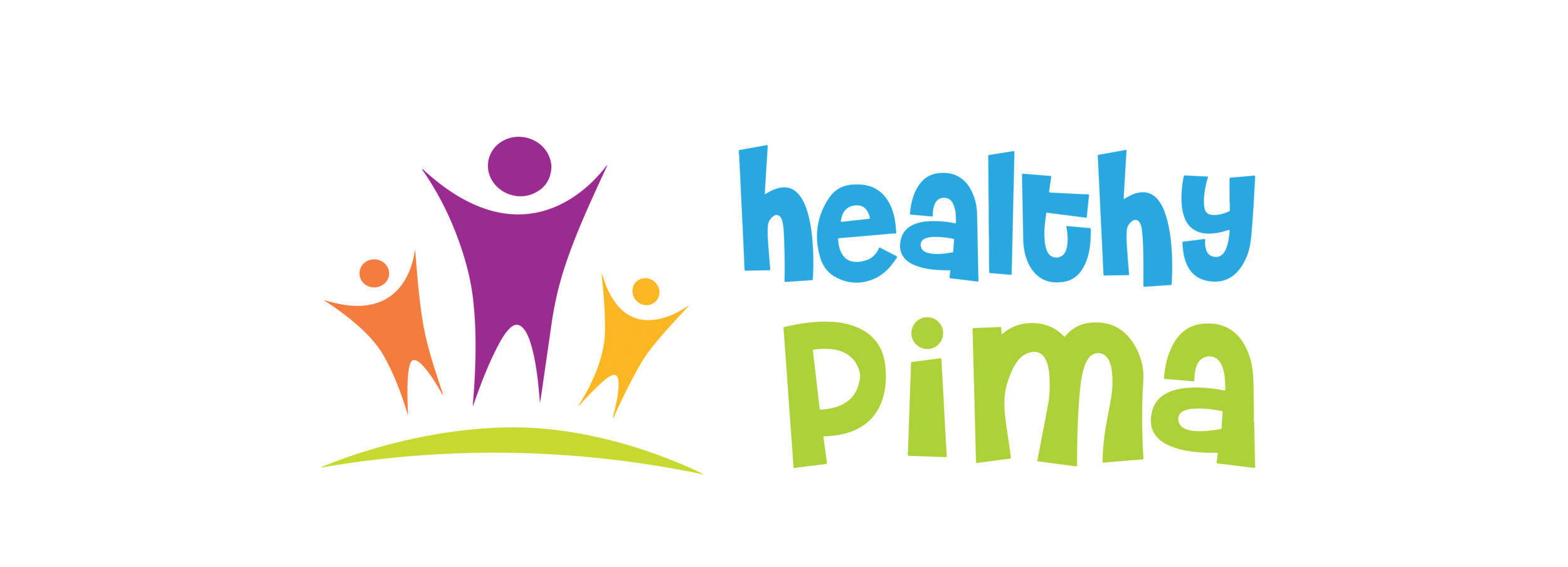Upcoming Free Webinars
Below is a listing of no-cost webinars that may be of interest to Healthy Pima members and others who advocate for a healthier Pima County for. Everyone. Everywhere. Everyday.
2019 Arizona Legislative Update
Description:
A webinar series focused on providing technical assistance to rural stakeholders to disseminate research findings, policy updates, best-practices and other rural health issues to statewide rural partners and stakeholders throughout the state.
Learning Objectives:
Be able to identify 3 bills currently being considered by the Arizona State legislature that would have a positive impact on public health.
Be able to identify 3 bills currently under consideration by the Arizona State Legislature that would have a detrimental impact on public health.
Be able to describe at least 2 ways in which webinar participants can undertake actions to influence bills under consideration at the Legislature.
Free Trauma Webinar: The FST Stress Chart Technique
Description:
If direct questions around trauma are asked too early, it can scare your clients away or paralyze them with anxiety. To prevent this common problem, the Family Systems Trauma Model (FST) uses a “stress chart." Instead of traditional questions, such as “What is the problem?,” the “stress chart” disrupts this pattern by asking everyone to assess their home stress life.
This technique slows down or bypasses the normal conflict and confrontation. It also allows the trauma specialist to ask their client’s to breakdown their percentage into the top three stressors or problem symptoms. This key information will then allow the trauma therapist to quickly diagnosis and assess their clients key pain points even with the most complex trauma cases.
In this webinar, participants will learn how to:
• Ask and apply key transition question, “Would you agree all families, individuals, or couples have stress?” to set-up the FST Stress Chart technique.
• Use the Stress Chart to quickly disarm the most agitated or resistant clients.
• Obtain an overall stress rating from the individual, couple, family, or extended family participant.
• Convert client’s overall stress into top three problems.
• Locate safety stressors (i.e., self-harm, family secrets, technology addition, substance abuse, bullying, suicidal ideation, etc.) that clients might not otherwise reveal on their own.
• Use this technique to accurately diagnosis and assess your most complex trauma cases using video excepts from real cases.
Date:
Tuesday, February 12, 2019
Registration
Strengthening the Carrying Capacity of Local Health and Social Service Agencies to Absorb Increased Hospital/Clinical Referrals
Description:
As hospitals and clinics increase screenings for social determinants of health (SDOH), referrals to agencies that provide services to address these needs also will increase. Researchers in Florida/Texas will speak about how they developed and implemented an approach for assessing the capacity of community social services organizations and their partners to absorb and meet the needs of referred clients.
Date:
Wednesday, April 24, 2019
Registration
Integrating Behavioral Health with TANF to Build a Culture of Health
Description:
To study the health and economic impacts and systems implications of integrated services provided by the Pennsylvania DHHS and Drexel University’s Center for Hunger-Free Communities, this project evaluates the Building Wealth and Health Network intervention, designed to reduce health inequities by aligning Medicaid coverage for behavioral health services and TANF education and training services.
Date:
Wednesday, March 27, 2019
Registration
Mental Health Promotion: An Opportunity for Opioid Overdose Prevention
Description:
The associations between mental health disorders and substance abuse are well-documented. In a study recently published in Social Psychiatry and Psychiatric Epidemiology, Dr. Schwab-Reese and colleagues found a significant association between depression and opioid overdose deaths in the United States. In this presentation, Dr. Schwab Reese will provide an overview of this work and the implications for opioid overdose prevention efforts.
Date:
Thursday, February 21, 2019
FLYER with WEBINAR LINK
Strategies for Improving Opioid Management
Description:
The webinar will expand your knowledge of different national approaches and strategies to help people with opioid addiction/misuse and their co-morbidities. Participants will:
Expand your knowledge of different approaches and strategies to manage the complexity of opioid use.
Gain a better understanding of how evidence-based medicine and utilization criteria help to promote quality care and effective utilization management for patients with complex medical, substance use disorders and behavioral health co-morbidities across the continuum of care.
Date:
Wednesday, February 6, 2019
Registration
Investing in Health: Local Active Transportation Financing Initiatives
Description:
Local active transportation financing pays for the programs and street improvements that we need to bike and walk safely, addressing the inadequacies of our incomplete biking and walking networks. This webinar will provide an overview of why active transportation financing matters and what financing approaches are working for local governments. Featured speakers from BikeWalkKC of Kansas City, Missouri, and Investing in Place, Los Angeles, who will share lessons from their exciting and inspiring local active transportation financing success stories.
Date:
Thursday, January 31, 2019
Registration
Policies & Programs to Help Build a Culture of Health
Description:
Building Culture of Health involves comprehensive strategies to address the many things that contribute health, opportunity, and equity in communities. Learn how residents of Vicksburg, MS are improving how they stay healthy, shape up, educate children and grow the economy. Executive Director of the United Way of West Central Mississippi and Project Manager of Mothering Asheville will share examples of the policies and programs that have positively impacted the health and wellbeing of their communities.
Date:
Tuesday, January, 29, 2019
